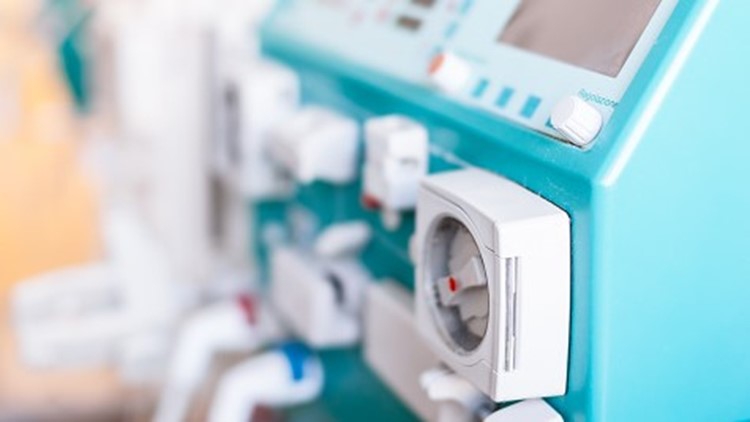Proposition 8 will impact dialysis clinics with government regulation on revenue caps and annual reporting requirements.
Voters heading to the polls will assess the merits of Proposition 8 and its potential impacts to Chronic Dialysis Clinics. The regulation has a number of unknowns attached to it, specifically regarding the response that clinics would have to use the regulations like revenue caps and rebates.
What is a Chronic Dialysis Clinic?
Dialysis itself mimics kidney functions. Most people who need the to undergo dialysis go through a form where blood is removed from the body, filtered through a machine, and returned to the body. It’s a process that can last about four hours and can occur three times per week.
A Chronic Dialysis Clinic is where most people receive a dialysis treatment. There are 588 licensed clinics in California, and the majority are owned by “for-profit” entities.
What does the proposition do?
There are three main components to the proposition. It requires rebates and penalties if revenues exceed a specified limit, annual reporting to the state, and prohibits clinics from refusing treatments to patients based their payment source.
Rebates will be given to non-government payers, like group and individual health insurers, in the amount that revenues exceed their revenue cap, which is calculated by the clinic. That cap is based off of what the proposition considers “allowable costs,” such as staff wages and training, medical supplies, facilities, and information systems.
Additional elements that clinics would have to take into consideration include:
- Interest and penalties on rebated amounts
- Rebates calculated at the operator level
- The legal process to raise revenue cap in certain situations
- Annual reports that would include number of treatments, amount of allowable costs, amount of the operator’s revenue cap, the amount revenue exceeds the cap, and the amount of rebates paid
- Clinics would also be prohibited from refusing to provide treatment to a person based on who is paying
Areas that remain uncertain
The Legislative Analyst assessed that revenues of clinic operations could be significantly reduced; for-profit clinics may find themselves being less profitable or even unprofitable.
One of the bigger areas of concern is the response from clinics to the proposition requirements. The Legislative Analyst speculated that clinics could end up increasing allowable costs, reducing other costs, look for adjustments to the revenue cap, or even opening fewer new clinics or closing some clinics that can’t remain in the market.
Arguments for and against
Arguments for Proposition 8, per Yes on Prop 8.
- Patient care is suffering
- Overcharging drives up costs
- Dialysis corporation profits are too high
Arguments against Proposition 8, per No on Prop 8.
- Jeopardizes access to dialysis care
- Regulations exclude key caregivers and vital services for comprehensive care
- Increases costs by forcing patients to get treatment in more expensive hospital emergency rooms
One more before you go... Brandon Rittiman explains the ins and outs of Proposition 8 and what your "yes" vote or "no" vote will mean.



